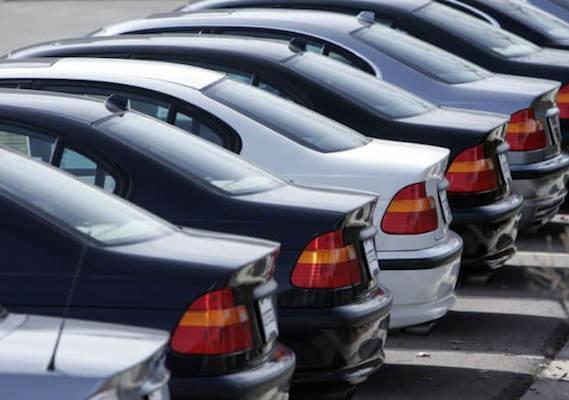PakWheels: Pakistan Eases Import Restrictions on Used Vehicles
The new National Tariff Policy aims to eliminate duties on used cars by 2030, with significant tariff cuts making vehicles more affordable. The move is expected to boost trade and create a competitive market, benefiting the salaried class and the auto industry as a whole.

Pakistan has agreed with the International Monetary Fund (IMF) to ease restrictions on importing used vehicles, paving the way for reduced duties and a more competitive market for imported and locally produced vehicles. The new National Tariff Policy aims to eliminate duties on used cars by 2030, with initial import tariffs set 40% higher than new vehicles for FY26, reducing by 10 percentage points annually.
The policy will simplify customs procedures and reduce the weighted average tariff from 10.6% in FY25 to 7.4% by FY30. The auto sector will see significant tariff cuts, making vehicles more affordable. Used vehicles will be allowed in the first quarter of FY26, provided they meet environmental and safety standards. New regulations will ensure safety and environmental compliance of imported vehicles.
The move is expected to boost trade and create a competitive market for imported and locally produced vehicles. The Pakistan Automotive Manufacturers Association (PAMA) had submitted its position on the new tariff rate, expecting a formal consultation process. However, the Engineering Development Board (EDB) convened another meeting, revealing the new tariff rate of 15% by 2030.
Chief Commissioner Inland Revenue, Large Taxpayers Office Karachi, Zubair Bilal, said the salaried class can expect some relief in the upcoming federal budget. He emphasized the importance of a successful tax policy that fosters business growth and asked the business community to compile and submit budget proposals to the tax authorities.
The decision to ease restrictions on importing used vehicles is seen as a significant development for the auto industry, which had been expecting a gradual reduction in tariffs. The move is expected to benefit the salaried class and boost trade, creating a competitive market for imported and locally produced vehicles.